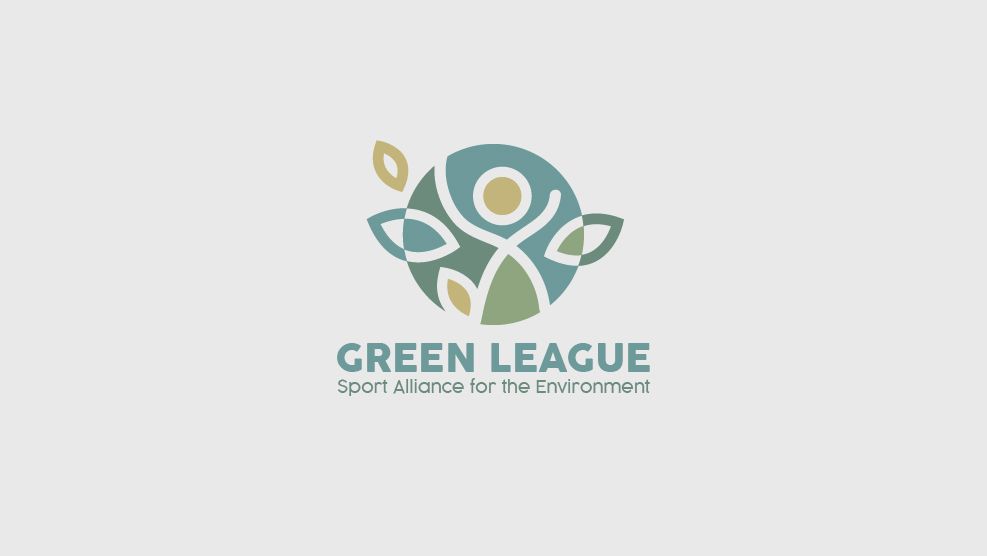All Digital is proud to announce the participation of 23 National Coordinators, members of its network, from 22 countries across Europe in the All Digital Weeks 2025 campaign, reinforcing the collective effort to empower people with digital skills and drive Digital Inclusion across the continent.
CARDET together with Cyprus Computer Society are pleased to be nominated as national coordinators for the All Digital Weeks 2025 in Cyprus.
Running from 17 March to 4 April 2025, All Digital Weeks is Europe’s leading Digital Inclusion and empowerment campaign, bringing together thousands of organisations, trainers, and learners in a shared mission to equip citizens with essential digital competences.
This year’s campaign will focus on “Educated Digital Citizens”, emphasising that all Europeans should face digital transformation with confidence, equipped to participate in connected, responsible, and informed ways. Additionally, the All Digital Weeks 2025 aligns with the European Year of Digital Citizenship Education 2025, a Council of Europe initiative.
Why All Digital Weeks 2025 Matters?
As assessed by Europass, 90% of jobs require at least a basic level of digital skills to be performed, and with 44% of Europeans still lacking basic digital skills, bridging the digital divide has never been more urgent. The campaign aims to raise awareness about the importance of digital skills for personal and professional development.
The campaign will launch on 17 March with a European policy event in Brussels, themed “Enhancing your digital skills for employment, citizenship and sustainable competitiveness,” where policymakers, industry representatives, and digital education experts will debate our shared digital future. The All Digital Weeks campaign will also feature hundreds of local events, training sessions, and online activities across Europe, coordinated by the national coordinators. These events will be displayed on the interactive map of events. The campaign will close with an insightful event welcoming some national coordinators to showcase success stories in their countries.
A Europe-Wide Effort for Digital Empowerment
Through a joint approach to digital empowerment, we will join the other 22 National Coordinators to play a key role in mobilising organisations, communities, and individuals at the grassroots level, ensuring the campaign reaches as many people as possible.
During these weeks, we will be running a series of workshops, events, information sessions, and meetings to engage, inform, and collaborate with key stakeholders. These activities will provide valuable insights, foster meaningful discussions, and support the campaign’s goals.
Statement of All Digital CEO
“We are thrilled to see such strong engagement from our network for All Digital Weeks 2025,” stresses David Mekkaoui, CEO of All Digital. “In a rapidly evolving digital world, equipping citizens with the right skills is essential for inclusion, participation, and opportunities. This campaign highlights our collective commitment to building a digitally inclusive Europe and addressing the alarming fact that 44% of Europeans still lack basic digital skills.”
Get Involved!
All Digital Weeks 2025 is open to everyone—organisations, educators, policymakers, and citizens alike. To participate, organise an event, or explore learning opportunities, visit: www.alldigitalweeks.eu.
Join the conversation online using #AllDigitalWeeks and help us build a more inclusive digital future for all!
About All Digital
All Digital is a leading pan-European association based in Brussels, representing member organisations across Europe that work to enhance digital skills and competences of all people, making them aware and capable to foster their employability, access and user online services and be included in today’s society, with the ultimate goal of improving their quality of life.
All Digital represents digital education stakeholders, such as digital competence centres, adult education centres, community centres, schools, libraries and their networks across Europe where young people and adults can access training and support to improve their digital skills and keep up to date with the latest technological developments, to exploit the opportunities of digital transformation.
For media inquiries, please contact:
Andrea Bedorin
Communications Manager, All Digital
andrea.bedorin@all-digital.org










